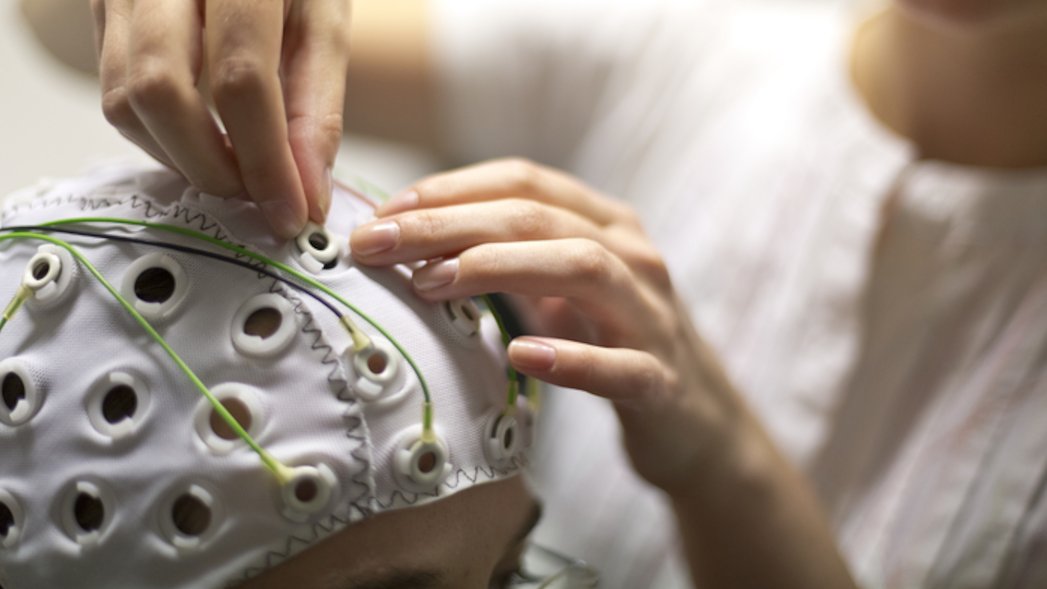Biomedicine, Neurosciences
Biomedicine and neuroscience are primarily concerned with molecular biological processes. DNA analysis methods are employed here, as are computer tomography procedures that visualize the functions of the brain, for example.

Overview of the academic discipline
Located at the interface between medicine and biology, biomedicine researches the molecular and cell biological foundations of life. The aim is to recognise the causes of diseases in order to prevent or treat them. As an interdisciplinary branch of human biology, biomedicine combines methods of molecular biology with those of cell biology and investigates questions of experimental medicine.
Neuroscience centres on the study of nervous systems, including the brain, spinal column and nerve pathways. Different cell types are investigated in order to explore their connection to neuronal networks. In practice, neuroscientists sometimes work together with representatives of other disciplines such as cognitive science, psychology or philosophy.
Which topics are included in the curriculum?
The biomedicine degree programme initially teaches basic scientific principles in the fields of biology, physics, chemistry and mathematics. Basic human medicine subjects such as anatomy/histology, cell biology, molecular biology, pharmacology and pathology are also on the curriculum. Students can complete internships in the compulsory elective area. In the course of their studies, they acquire key competences in areas such as genetic engineering, laboratory animal science, biometrics and biological safety. Part of the training can be conducted together with biology and medical students.
Neuroscience degree programmes also teach medical and scientific basics, e.g. in chemistry, physics, physiology, biochemistry or neuroanatomy, but also include more in-depth modules such as cognitive neuroscience, neurohistology or neuroanatomy. In the Master's programme, students deepen their knowledge and, if necessary, set specialisations.
What are the requirements?
In-depth knowledge of the following school subjects is a good prerequisite for a successful degree programme: Biology, chemistry, physics, maths and English. Knowledge of Latin is also helpful for medical terminology.
What study programmes are there to choose from?
In addition to the pure biomedicine degree programmes, there are also combination degree programmes such as Biomedical Engineering, Biomedical Technology or Molecular Biomedicine. In the neurosciences, most of the programmes offered are Master's courses. However, some Bachelor's degree programmes are also offered, such as Cognitive Science.
What job opportunities are there after graduation?
Graduates in biomedicine typically work in research at universities, research centres or in the pharmaceutical and biotech industry, but can also be employed in environmental and health authorities, clinics, science management or the patent system.
Neuroscientists find employment in teaching, in the research-based pharmaceutical industry, in scientific publishing or in the scientific coordination work of organisations.
